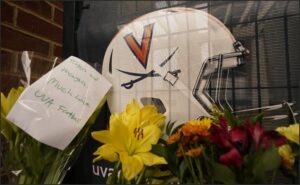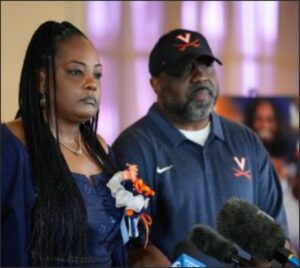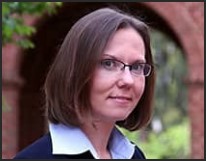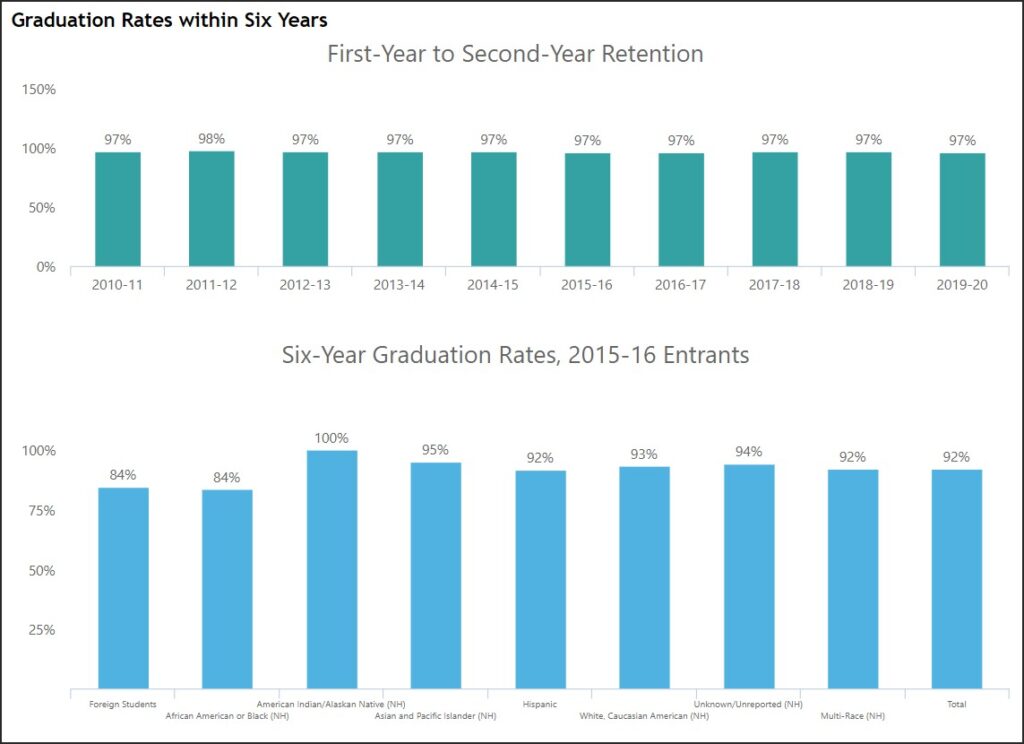
Pop up memorial. Photo credit: WTOP
by James A. Bacon
The shooting of five University of Virginia students Nov. 13 on a bus back from a field trip in Washington, D.C., was understandably traumatic for the young people who witnessed the horror, as it was for family and close friends of the victims, three of whom died.
Indeed, the event was a trauma for the entire UVa community, and the administration treated it as such. The University responded by launching into full therapeutic mode: canceling events and classes, giving students a pass/fail option in their courses, mobilizing counselors, and creating safe spaces.
“There is still profound sorrow and loss that we’re all feeling,” President Jim Ryan said Friday in briefing the Board of Visitors about the administration’s response to the shooting. The horror impacted far more than the homicide victims and those who witnessed the shootings, he said. The circle of those affected included medical professionals who responded to the shooting, football teammates, friends, roommates and students who sheltered in place during the search for the killer. “This had a large ripple.”
Ryan listed key actions the administration took. Classes were canceled for two days. Events were canceled or rescheduled. Gathering spaces were set up where students could commiserate. Walk-in counseling was made available along with therapy dogs to comfort those in grieving. A basketball game was canceled, as was the remainder of the football season.
Provost Ian Baucom explained that the administration was concerned that the impact might linger and affect students’ ability to function academically. He asked faculty to provide maximum flexibility to allow students to deal with their grief and get them through the exam season, which wound up last week. Continue reading →










